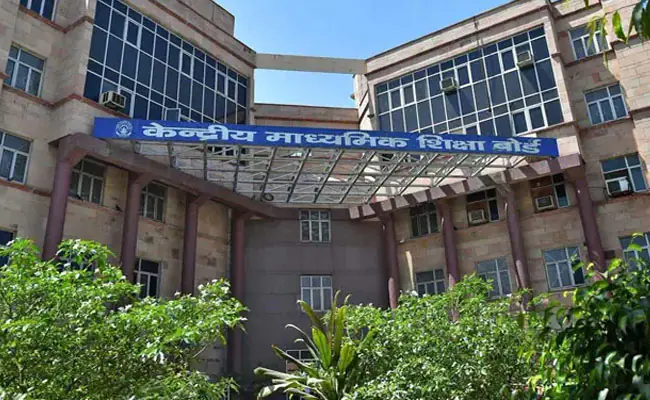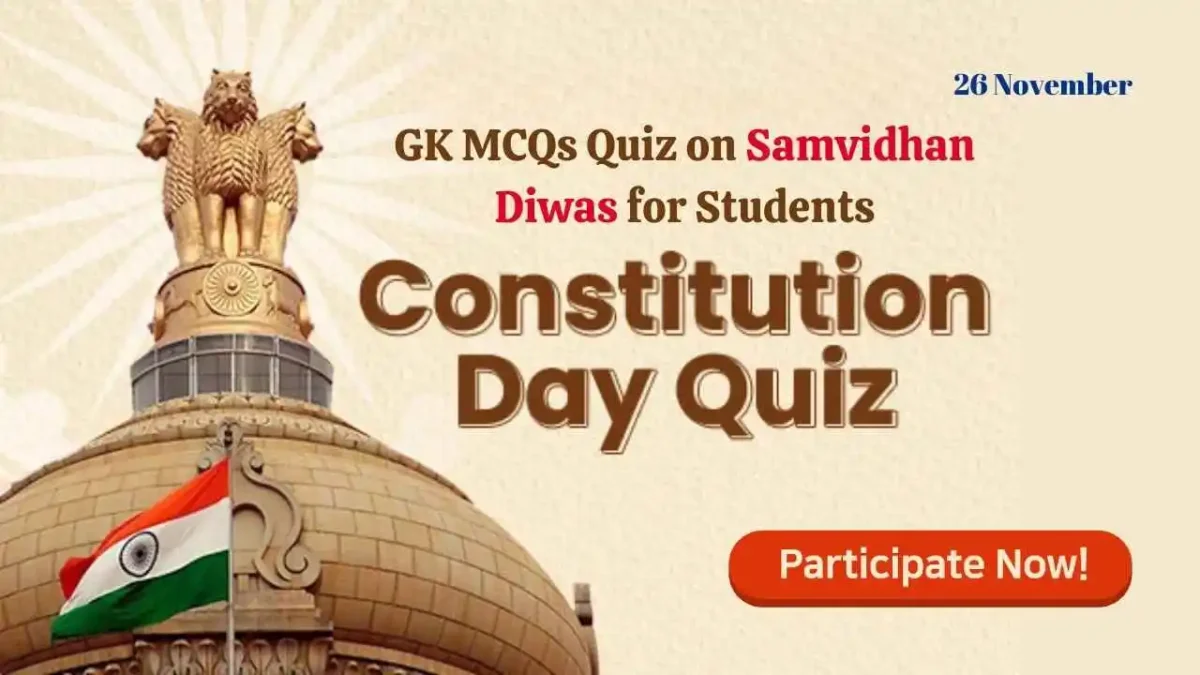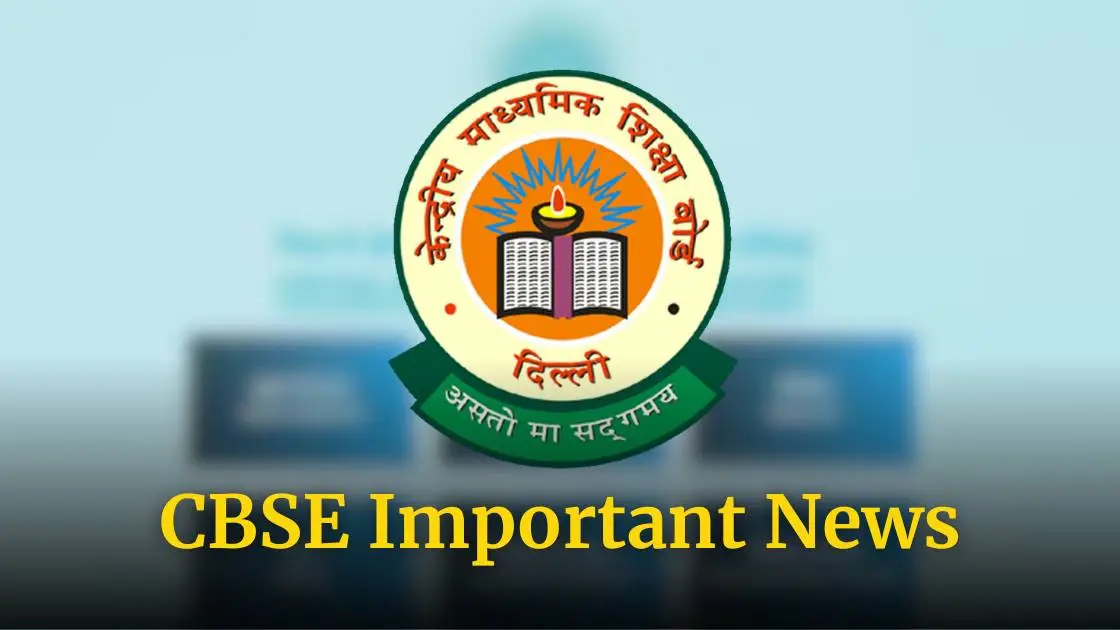CBSE Launches 3rd Expression Series for 2023-24 on ‘Disaster Risk Resilience & Reduction’
CBSE Invites Students to Showcase Creativity and Expression in 3rd Expression Series
CBSE Latest Circular: The Central Board of Secondary Education (CBSE) has announced the 3rd Expression Series for the academic session 2023-24, focusing on the vital theme of ‘Disaster Risk Resilience & Reduction: Role of Citizen.’ This initiative invites students from various classes to express their thoughts and ideas through diverse mediums such as essays, paintings, and poems.
Key Details of the 3rd CBSE Expression Series
This CBSE Expression Series event encourages students to creatively express their thoughts through various formats like essays, paragraphs, paintings, and poems. Here are the detailed guidelines for schools to conduct the Expression Series:
3rd CBSE Expression Series Theme and Topics for Participation:
The Third Expression Series revolves around critical aspects of disaster management and risk reduction. Students are encouraged to explore and present their perspectives on various topics tailored to their educational level:
Primary (Class 3 to 5): Participants can submit a paragraph (150 words) or a painting on topics like ‘Save water in daily use’ and ‘Rescue and relief of any disaster.’
Middle (Class 6 to 8): Students can express themselves through an essay (400 words), painting, or poem. The topics include ‘Save water in daily use’ and ‘Rescue and relief of any disaster.’
Secondary (Class 9 to 10): The options extend to an essay (700 words), painting, or poem with topics such as ‘Roles and Responsibilities of Disaster Management Authorities,’ ‘Earthquake Precursors: Studies & Monitoring,’ and ‘Rehabilitation and Reconstruction post-natural disasters.’
Senior Secondary (Class 11 to 12): Here, students can engage into more complex issues through an essay (1000 words), painting, or poem, covering topics like ‘Future Risk of Disaster and Climate Risk,’ ‘Agriculture and Resource Management to reduce the probability of disasters,’ ‘Biological Disasters,’ and ‘Increasing Threat of Disasters in Urban Areas.’
3rd CBSE Expression Series 2023: School-Level Participation Guidelines | Conduct of Expression Series at School Level








